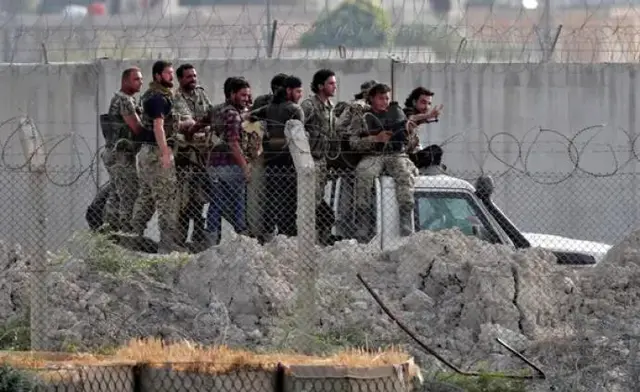Iran's Majlis (parliament) is discussing decreasing the share of oil revenues in the country's budget for the new Iranian calendar year March 21, 2015, media reported on Tuesday.
Reliance on oil income will be further reduced in the budget of the coming Iranian year as legislators started discussing details of the new budget bill proposed by President Hassan Rouhani earlier, Aziz Akbarian, the Iranian senior lawmaker, said Tuesday.
Upon presenting a draft budget to parliament in December last year, Rouhani said that the new year budget relied less on oil revenues than the previous year.
Oil revenues based on 72 U.S. dollars per barrel make up 33 percent of the proposed budget, compared to 37 percent of the current one based on oil revenues of 100 dollars per barrel, he clarified.
The parliament is considering further slashes to the share of oil incomes in the new budget, decreasing it to roughly 22 percent, Akbarian said.
The move by the Iranian parliament comes amid an oil market price slump since last June when crude prices gradually fell to around 40 dollars per barrel before rising to a little over 60 dollars recently.
Iran's economy relies partially on oil exports. In addition to the losses incurred from slumping oil prices, Iran's crude exports have fallen 60 percent, reaching 1 million barrels per day, due to Western sanctions on its energy and financial sectors.
Iran has criticized a few oil exporting countries for flooding the market with crude products.
Tuesday Iran's First Vice President Es'haq Jahangiri said the recent slump in oil prices is a "political plot" against the country, hoping crude oil would soon regain its true value, according to Press TV.
"The recent regional developments reveal that reliance on oil is a serious challenge to Iran and Iraq, and that is why the two countries should develop their industries and economies with less dependence on oil," Jahangiri said in a meeting with Iranian tradesmen and businessmen in Baghdad.
Iran resolves to reduce its dependence on oil revenues to below 30 percent, and both Iran and Iraq should cooperate on this without relying on oil incomes, the Iranian vice president said in a meeting with Iraqi President Fuad Masoum Tuesday.
To vaccinate itself against sanctions and reduce dependence on oil incomes, Iran should resort to a resilient economy, Iran's Supreme Leader Ayatollah Ali Khamenei said earlier.
Iranian officials should rely on the nation and local potential, so that rivals cannot hinder the progress and welfare of the people through sanctions and abusing the country's dependence on oil, stressed the Iranian leader.
"You should disarm rivals with sanctions. If you seek the rival' s hold (to remove sanctions), they will remain," Khamenei said.
Iranian officials and government should know that if they are self-righteous, idealistic and stick to their principles, the enemy will advance further, Khamenei added. Enditem
 简体中文
简体中文

